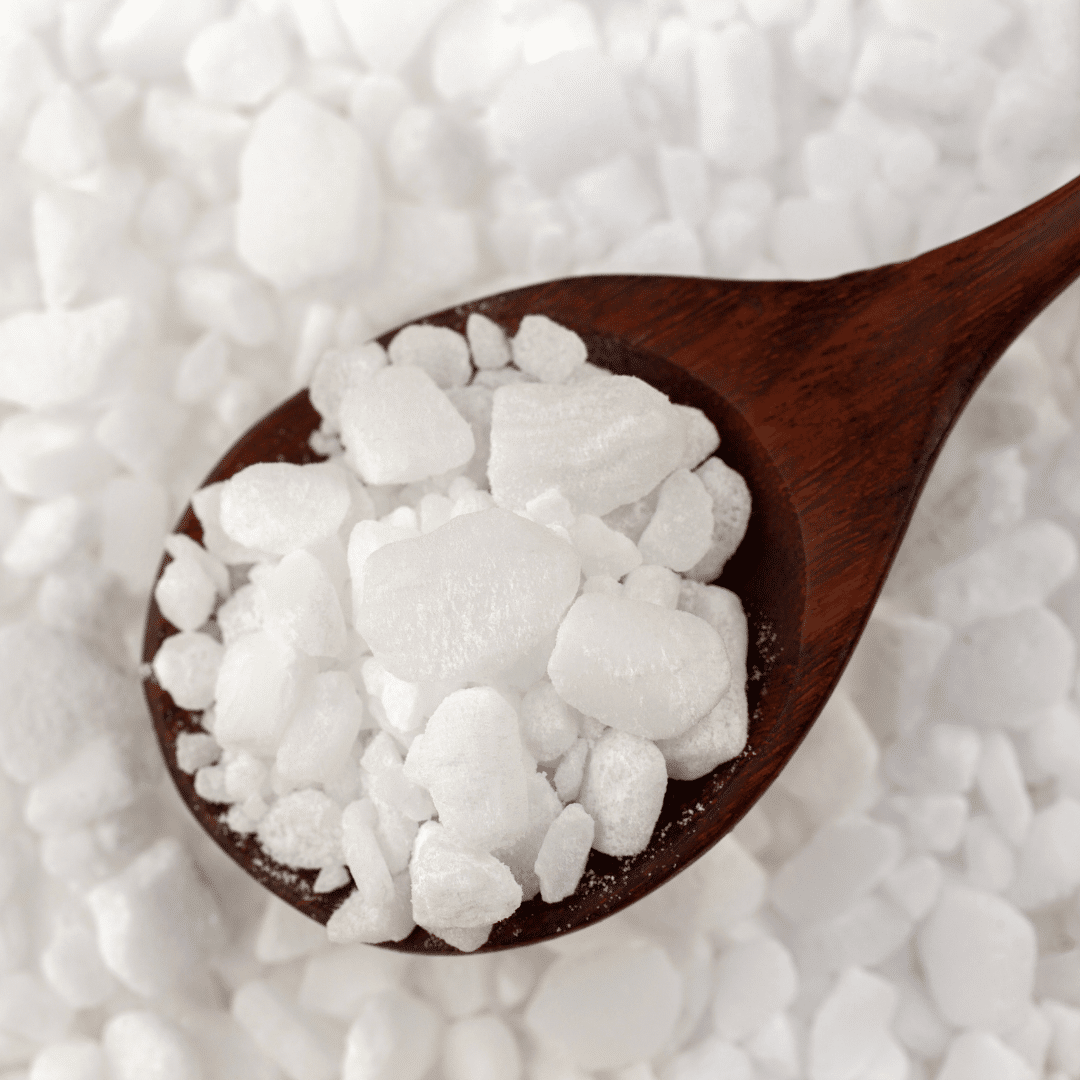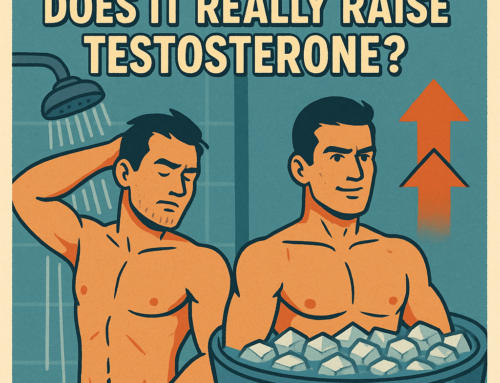Magnesium—yes, the same mineral you’re told to take for better sleep and muscle recovery—might have another trick up its sleeve. Could it actually boost your testosterone levels? With testosterone being the cornerstone of male vitality, energy, and strength, the idea of a natural way to support it sounds almost too good to be true. So, what does the science say? Let’s dig in.
The Role of Magnesium in the Body
Magnesium is a powerhouse mineral involved in over 300 biochemical reactions in the body. It plays a vital role in muscle function, nerve health, and even blood sugar regulation. But its connection to testosterone is where things get interesting.
“Magnesium helps regulate hormones, including testosterone,” explains Dr. Alex Carter, a specialist in men’s health. “It’s essential for maintaining optimal testosterone production, especially in active individuals.”
The Science Behind Magnesium and Testosterone
Several studies have examined the link between magnesium levels and testosterone production. One study published in the Journal of Biological Trace Element Research found that men who supplemented with magnesium for four weeks experienced an increase in free testosterone levels, particularly those who exercised regularly.
Why? Magnesium may lower levels of sex hormone-binding globulin (SHBG), a protein that binds to testosterone and makes it unavailable for use. By reducing SHBG, magnesium ensures that more testosterone stays free and active in your system.
Another study from Biological Trace Element Research highlighted that men with magnesium deficiencies often had lower testosterone levels, reinforcing the importance of this mineral in hormone regulation.
How Magnesium Affects Performance
Low magnesium levels can lead to a host of issues, including fatigue, poor recovery, and even reduced libido—all of which can indirectly impact testosterone. By ensuring adequate magnesium intake, you’re not just supporting testosterone production; you’re also setting the stage for:
- Better muscle function and recovery
- Improved sleep quality, which is crucial for hormone balance
- Reduced stress levels, which can help keep cortisol in check (cortisol competes with testosterone)
Should You Be Taking Magnesium?
For most men, the recommended daily intake of magnesium is 400–420 mg, but studies show that many fall short of this amount. Foods rich in magnesium, like spinach, almonds, and dark chocolate, are great sources. However, if your diet isn’t cutting it, supplementation might be worth considering.
“Magnesium supplements are a safe and effective way to fill in dietary gaps,” says Dr. Carter. “Just make sure you’re choosing high-quality forms like magnesium glycinate or citrate for better absorption.”
The Bottom Line
So, does magnesium increase testosterone? Yes, but indirectly. While it won’t skyrocket your levels overnight, ensuring you’re getting enough magnesium can create the right conditions for optimal testosterone production. It’s one of those small, consistent wins that can add up to a big impact over time.
Want to support your testosterone naturally? Start with the basics: eat magnesium-rich foods, stay active, and get quality sleep. Because when it comes to feeling your best, it’s the little things—like magnesium—that make all the difference.







